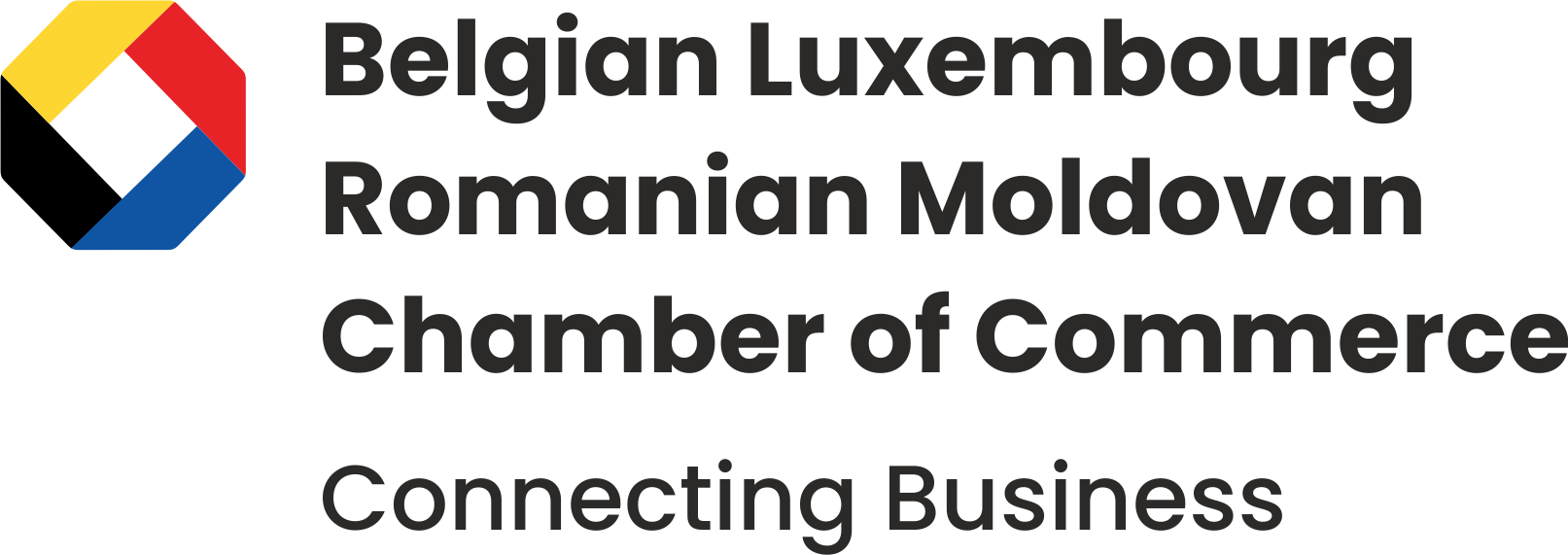CODE No 985
CRIMINAL CODE OF THE REPUBLIC OF MOLDOVA
COD No. 985 of 18-04-2002 CRIMINAL CODE OF THE REPUBLIC OF MOLDOVA
PARTICIPATION
Art.
41 ParticipationThe intentional cooperation of two or more persons in the commission of an intentional crime is considered participation.
Art.
42 Participants(1) Participants are persons who contribute to the commission of an offence as perpetrator, organiser, instigator or accomplice.
(2) The perpetrator shall be considered to be the person who directly commits the act provided for by the criminal law, as well as the person who committed the offence through persons who are not liable to criminal liability due to age, irresponsibility or other reasons provided for by this Code.
(3) A person who has organized the commission of a criminal offence or has directed its commission, as well as a person who has created an organized criminal group or a criminal organization or has directed their activity, shall be considered an organizer.
(4) A person shall be regarded as an instigator who by any means induces another person to commit an offence.
(5) A person shall be considered an accomplice who has contributed to the commission of the offence by giving advice, instructions, information, means or instruments or by removing obstacles, as well as a person who has promised in advance to favour the offender, to conceal the means or instruments of committing the offence, the traces of the offence or the objects acquired by criminal means or a person who has promised in advance to procure or sell such objects.
(6) The participants must have the characteristics of the subject of the offence.
Art.
43 Formele participaţieiDepending on the degree of coordination of the participants' actions, the following forms of participation are distinguished:
a) simple participation;
b) complex participation;
c) organised criminal group;
d) criminal organisation (association).
Art.
44 Simple participationThe offence shall be regarded as having been committed with simple participation if two or more persons have jointly participated in the commission of the offence, as co-offenders, each of them carrying out the objective aspect of the offence.
Art.
45 Complex participation(1) The offence shall be regarded as having been committed with complex participation if the participants have contributed to its commission as perpetrator, organiser, instigator or accomplice.
(2) The objective aspect of the offence with complex participation may be realised:
a) by a single perpetrator;
b) by two or more perpetrators.
Art.
46 Organised criminal groupAn organised criminal group is an established group of people who have organised themselves in advance to commit one or more offences.
Art.
47 Criminal organisation (association)(1) A criminal organisation (association) shall be considered to be a group of criminal groups organised in a stable community, the activity of which is based on the division, between the members of the organisation and its structures, of the functions of administering, securing and executing the criminal intentions of the organisation in order to influence the economic and other activity of natural and legal persons or to control it in other forms with a view to obtaining advantages and achieving economic, financial or political interests.
(2) The offence shall be deemed to have been committed by a criminal organisation if it has been committed by a member of that organisation for its benefit or by a person who is not a member of that organisation, at its direction.
(3) Organiser or leader of the criminal organisation shall be deemed to be the person who created or directs the criminal organisation.
(4) The organiser and leader of the criminal organisation shall be liable for all offences committed by the criminal organisation.
(5) The member of the criminal organisation shall bear criminal liability only for the offences in the preparation or commission of which he participated.
(6) The member of the criminal organisation may be released from criminal liability if he or she has voluntarily disclosed the existence of the criminal organisation and has helped to uncover the offences committed by it or has contributed to the exposure of the organisers, leaders or members of that organisation.
Art.
48 Author excessesThe perpetrator is considered to have committed criminal acts that were not intended by the other participants. The other participants are not liable for the perpetrator's excess.
Art.
49 FavourAiding and abetting the offender, as well as concealing the means or instruments of committing the offence, its traces or objects acquired by criminal means, shall attract criminal liability under Article 323 only if they were not promised in advance.














